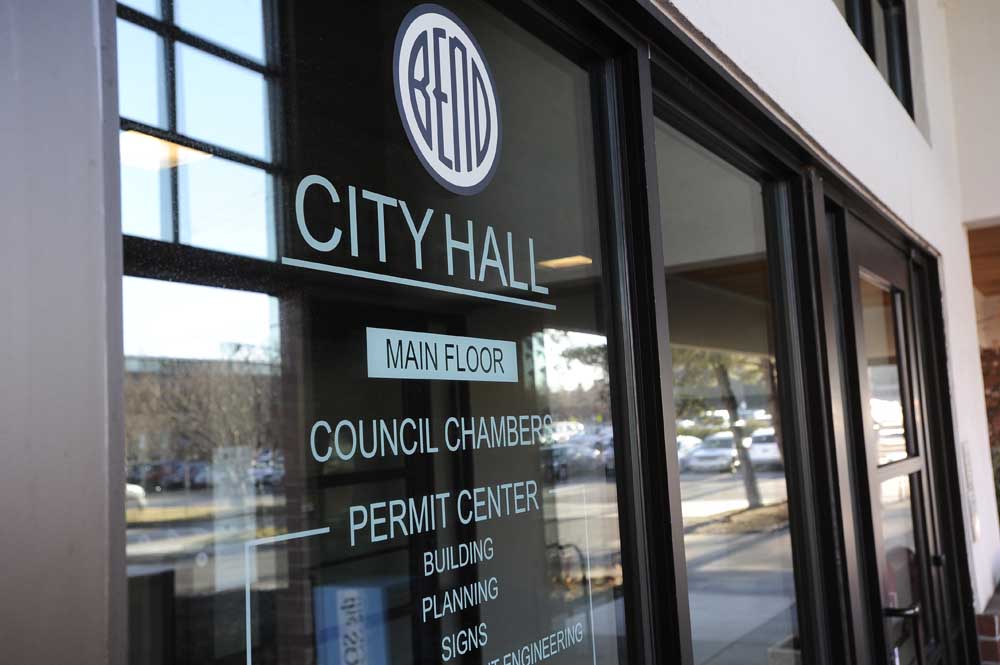Editorial: A good deal for all
Published 12:00 am Wednesday, July 25, 2018

- Bend City Hall
Bend city councilors are likely to be asked later this year to approve an agreement between four land developers and the city that will lay out a series of improvements to roads, water and sewer systems on the city’s west side. It’s a good deal for all concerned.
Under the agreement, Coats Property, Rio Lobo Investments, Anderson Ranch Holding Company and NWX2 (partners who developed Northwest Crossing) would build two new roundabouts, improve three sewer lift stations, build a 24-inch water line and connect Skyline Ranch Road to NW Regency Road. In addition, they would write checks to the city totaling $1.4 million, some of which would be used to complete rebuilding NW 14th Street between NW Albany and NW Galveston avenues.
The agreement wouldn’t save the four from the work they’ll be required to do when they develop the property they own in the area — streets, sewer connections and water lines will have to be put in just as they would in any other subdivision. Systems development charges will be paid, although some of what’s spent through the agreement can be subtracted from SDC bills. What the four do get is certainty about whatever else they might be asked to do. Too, they’ll avoid redundant traffic studies.
The city wins, as well.
Most immediately, the city will have the money to complete the rebuilding of NW 14th Street. When it began work on the street, it used money from the 2011 GO traffic improvement bond measure to pay for the north and south ends of the project. The agreement provides money for the missing middle.
The city and developers get something else, as well. Density and zoning become part of the comprehensive plan now, rather than being settled piecemeal in the future. The city will work only once to analyze the expansion area. Certainty about future development and future infrastructure improvements save both money and time for all parties.
As for the public, it, too, benefits from the certainty this agreement would create. Long, contentious land-use processes cost the city — and therefore taxpayers — money, and the agreement helps prevent that. It should be approved.








